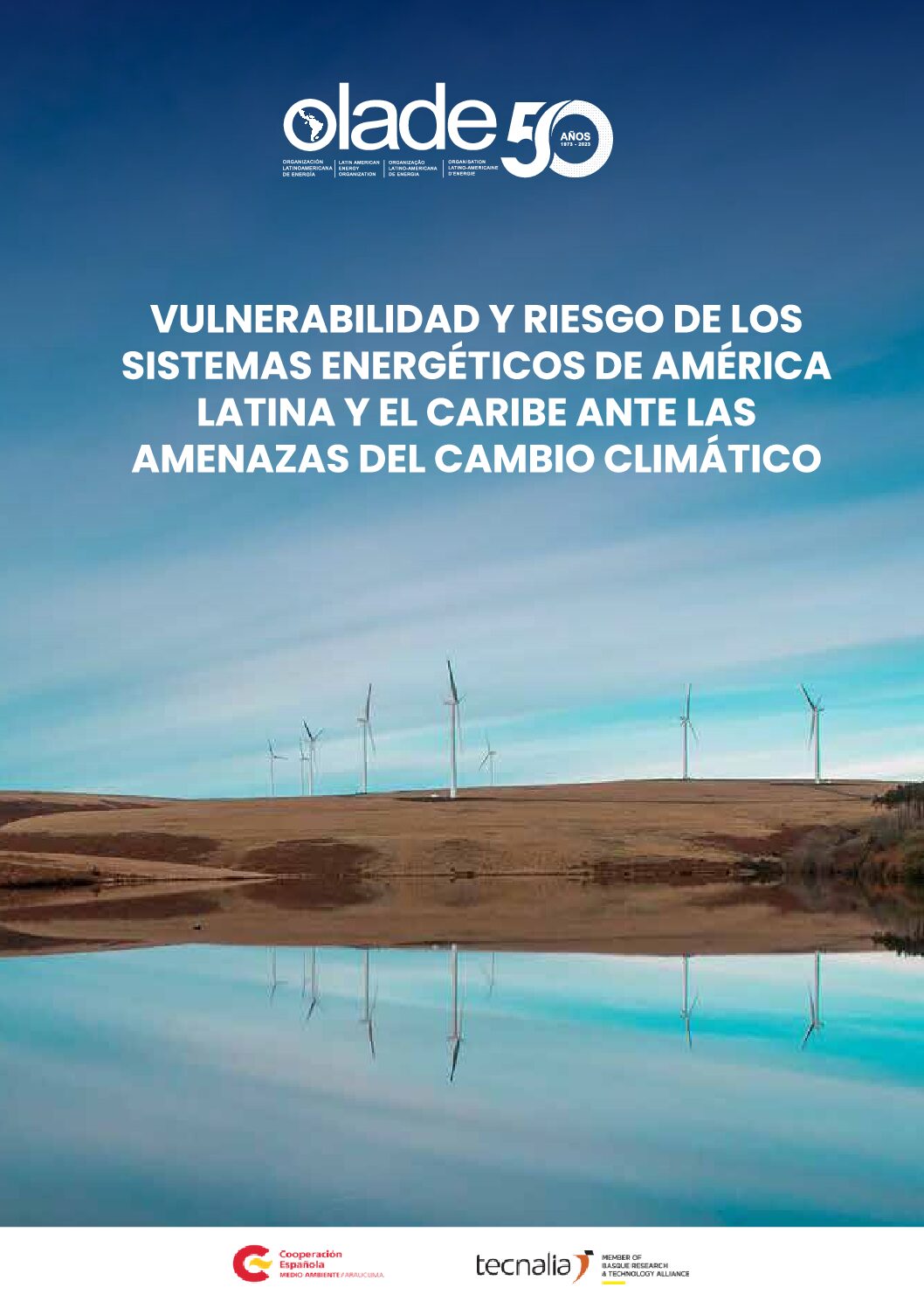This guide addresses the challenges faced by rural energy enterprises in developing countries, and sets out solutions such as business models offering cooking energy as a service.
This is an example of a regional capacity building strategy based on a comprehensive needs assessment.
The is comprehensive course is intended for energy statisticians working at national statistical offices and ministries in charge of energy.
This report compiles a collection of case studies from around that world that showcase programmes designed to address skills development of workforces for energy transitions.
The tool provides “how-to” guidance on designing competency standards and curricula for greener jobs, adapting training delivery and assessments to support greener learning, adapting practices to maintain a greener campus, greening the professional development of teachers and in-company trainers, and sensitizing enterprises.
This brief online course provides an introduction into the ESCO business model for energy efficiency financing.
This memo summarises the methodology and results of a study of the climate vulnerabilities of Latin American energy systems, and highlights some adaptation measures.
This paper underscores the need for sustainable utilities to deliver the energy transition in lower- and middle-income countries, and provides recommendations to governments and other stakeholders.






